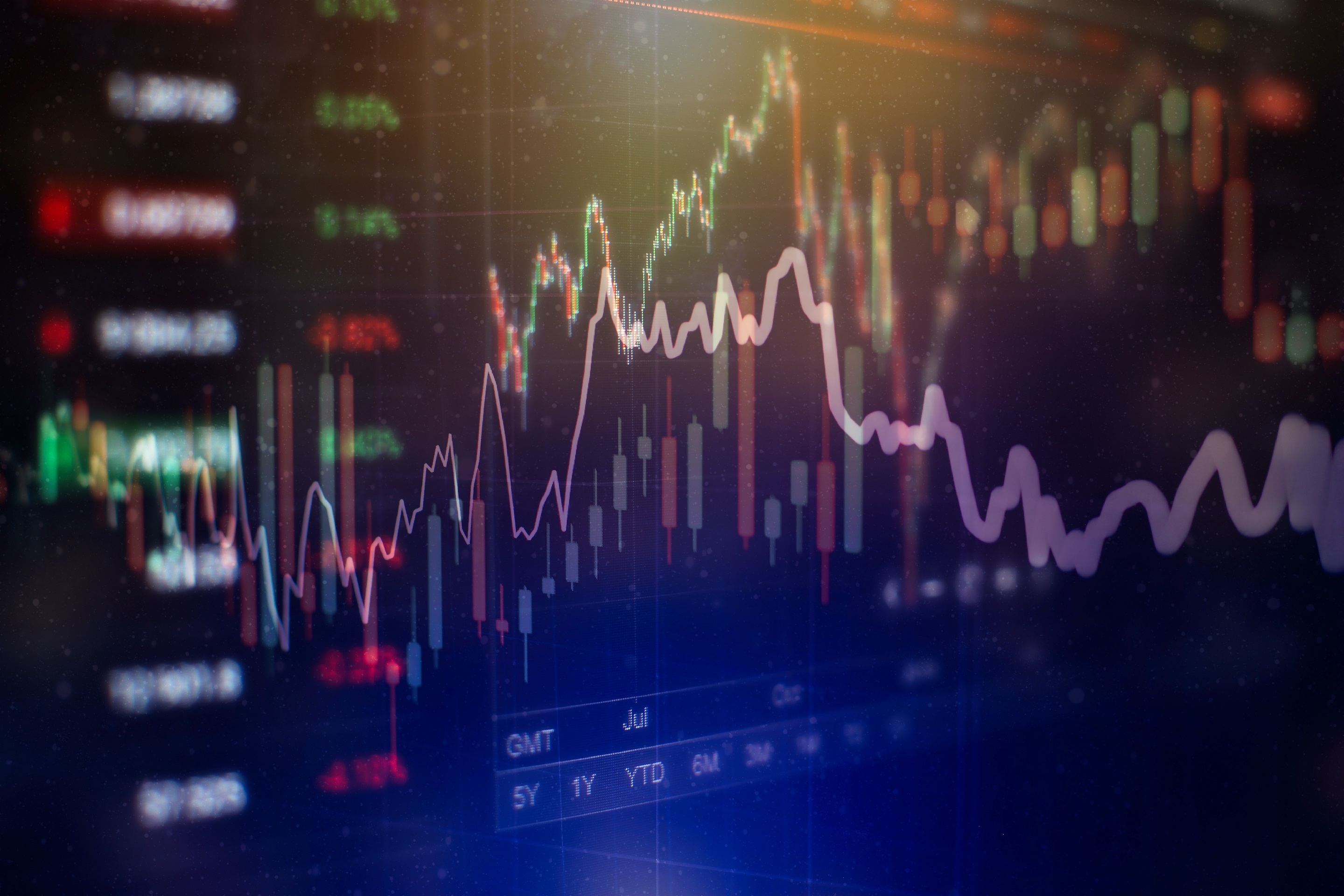Wealth matters. Thus, measuring wealth matters because ultimately, that's what determines what is feasible for the economy today and into the future. Modern economies can be complex. There are many different sectors: the government sector, the banking sector, international trade, and domestic trade relationships. We understand these relationships by using economic statistics. Economic statistics are the lens through which we observe the economy. Policymakers, businesses and investors all update and change their behaviour based on what they see through that lens.
As complex as a modern economy might be, we can distil some things to fairly simple, fundamental first principles. It’s similar to running a bakery: the size of the pie that we can produce in the future is determined by the stock of ingredients that we have in the pantry. If we’re running out of milk, eggs, sugar and flour, then the size of the pie we can make in the future shrinks. The problem we've had is that our economic statistics have focused only on the size of the pie while ignoring everything that's going on in the economic pantry. I'm not merely talking about milk, eggs and butter, albeit there is a lot of economic research on those specific commodities, I’m talking about the fundamental economic ingredients that make up modern, prosperous economies. These are components of wealth, capital assets which include things such as physical infrastructure like buildings, transport infrastructure, machinery and factories. We need those in order to develop goods and services in a modern economy.


